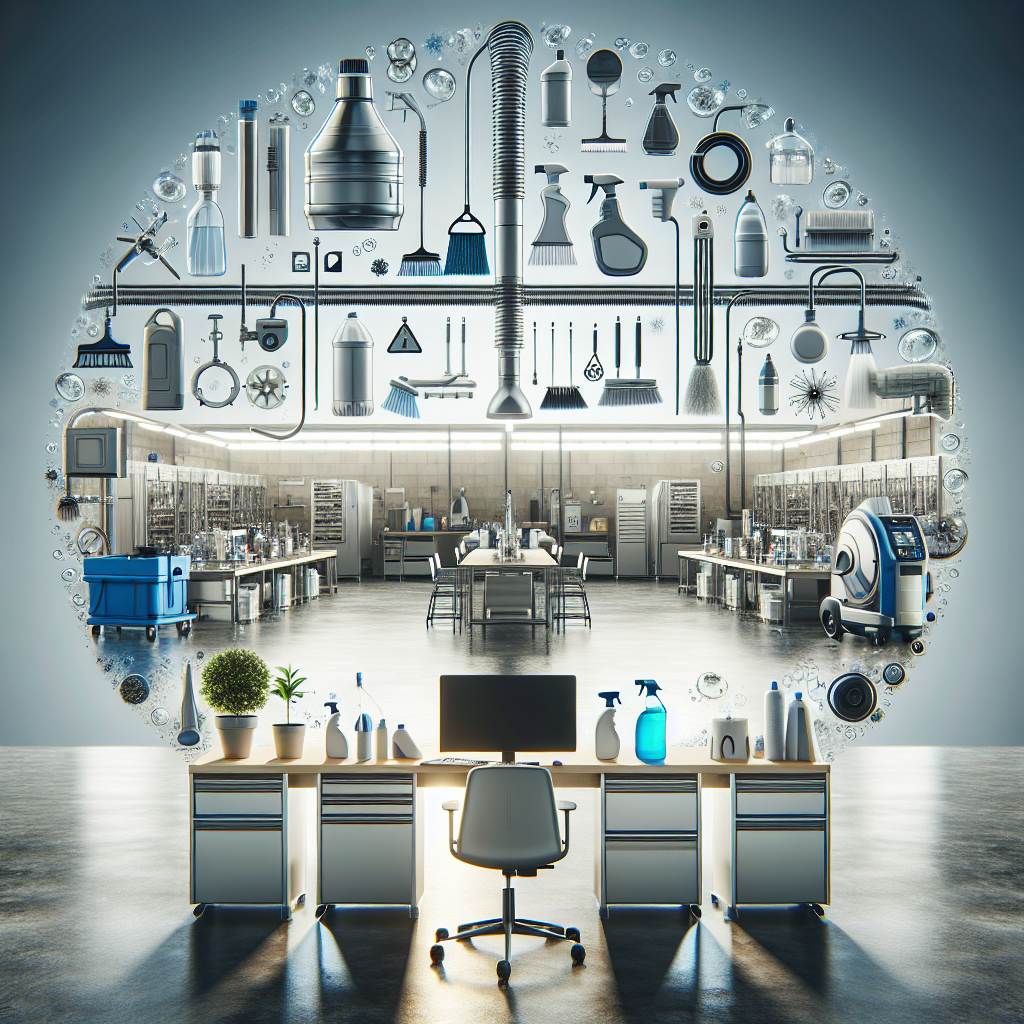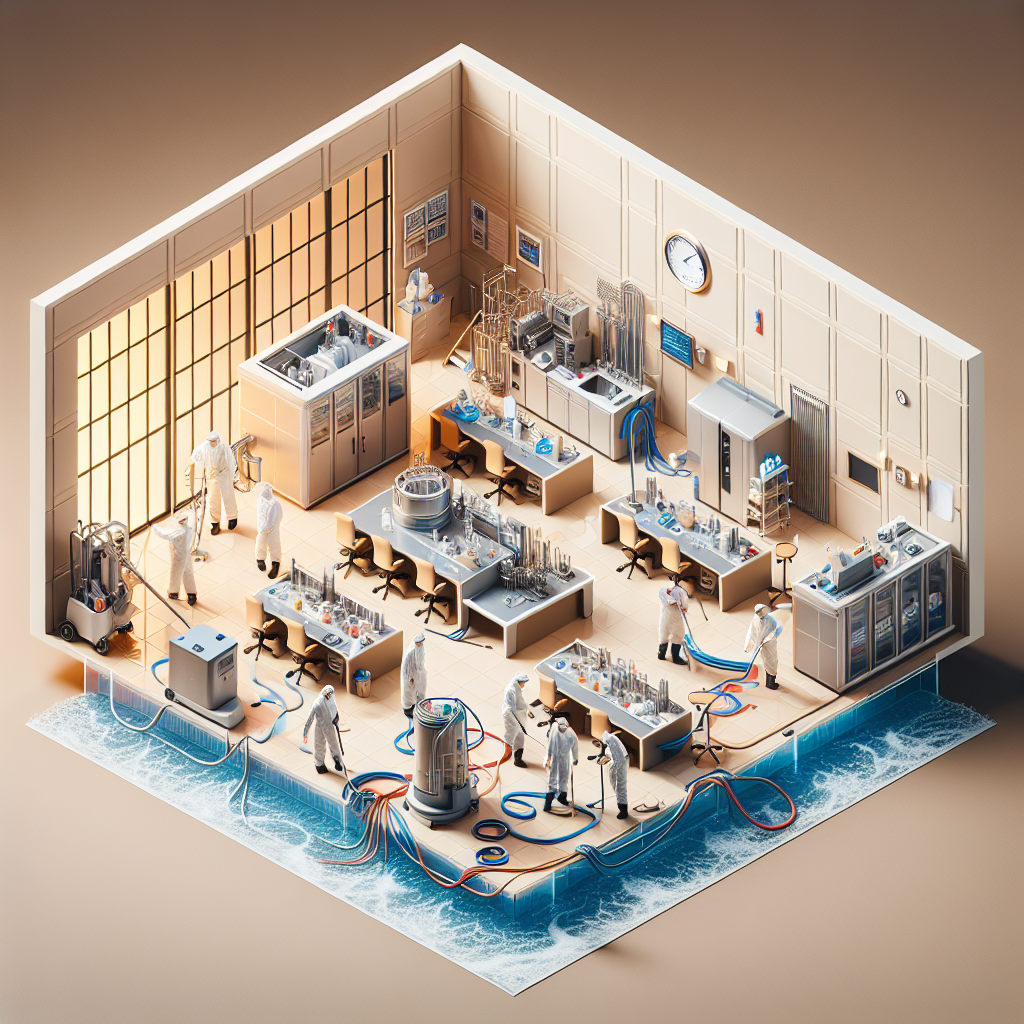As healthcare facility cleaning professionals and infection control specialists, reflecting on our cleaning practices is paramount to ensuring the safety and well-being of those we serve. It's essential to continuously evaluate and improve our methods to uphold the highest standards of cleanliness and infection prevention.
Understanding the Importance of Reflection in Cleaning Practices
Reflection is not just a passive exercise but an active process of introspection and analysis. By taking the time to reflect on our cleaning practices, we can identify areas for improvement, celebrate successes, and enhance our overall effectiveness in maintaining a clean and safe environment.
Tip: Schedule regular reflection sessions to assess your cleaning practices objectively and make data-driven decisions.
Key Aspects to Consider During Reflection
- Adherence to cleaning protocols and standards
- Effectiveness of cleaning products and techniques
- Consistency in cleaning schedules and frequencies
- Staff training and adherence to safety protocols
Highlight: Engage your cleaning team in the reflection process to gather diverse perspectives and insights for comprehensive improvements.
Actionable Steps for Effective Reflection
To make the most of your reflection sessions, consider implementing the following steps:
- Review cleaning logs and incident reports to pinpoint areas of concern
- Conduct spot checks and quality assessments to ensure standards are met
- Seek feedback from staff, patients, and visitors on the cleanliness of the facility
- Keep abreast of the latest cleaning technologies and best practices for continuous improvement
In conclusion, regular reflection on your cleaning practices is a cornerstone of maintaining a safe and hygienic healthcare environment. By embracing a culture of reflection and continuous improvement, you can elevate the quality of your cleaning services and safeguard the well-being of all who rely on them.



